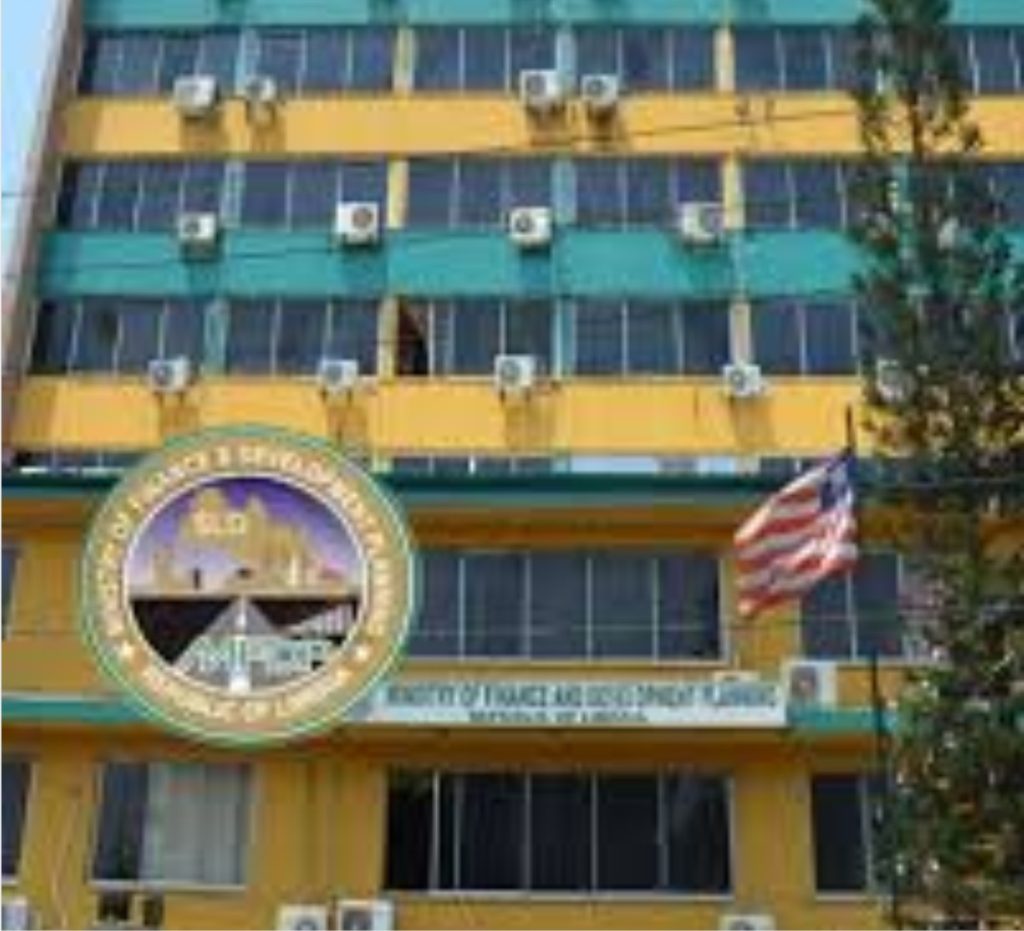The Liberian government, facing mounting pressure from unpaid timber workers, has pledged to disburse US$7 million directly to individual workers, bypassing union representatives embroiled in a bitter leadership dispute. This decision follows weeks of contention between two rival factions, each claiming legitimacy and demanding control over the funds earmarked to settle long-standing arrears for services rendered in the timber sector. The government, represented by the Ministry of Finance and Development Planning (MFDP), has unequivocally stated its commitment to paying the workers while simultaneously ensuring transparency and accountability in the disbursement process. This direct payment approach aims to circumvent the ongoing power struggle within the Timber Workers Union and ensure that the funds reach their intended recipients without being diverted or misused.
The MFDP, led by Deputy Minister for Economic Management Dephue Y. Zuo, has emphasized that the government will conduct a rigorous verification exercise to authenticate each worker’s claim before releasing any payments. This meticulous process is designed to prevent fraudulent claims and guarantee that only legitimate timber workers receive their due compensation. Minister Zuo addressed a group of protesting workers, reassuring them of the government’s commitment and reiterating the direct payment policy. He unequivocally stated that no union or representative body would receive a lump-sum payment, underscoring the government’s determination to prioritize the individual workers. This direct engagement with the workers and the transparent communication of the payment plan aim to build trust and allay concerns arising from the protracted delay in receiving their arrears.
The government’s commitment to transparency is further reinforced by its recent decision to halt a US$200,000 payment to the Liberty Law Firm. This payment, initially intended for union representation, was suspended after a rival faction disputed the firm’s authority to collect the funds. The MFDP’s prompt action in issuing a stop-payment order demonstrates its commitment to due diligence and its determination to prevent misallocation of funds. This incident, coupled with the earlier suspension of payments totaling US$120,000 and LD14 million to the same law firm, underscores the government’s vigilance in protecting public funds and ensuring their proper allocation to the rightful beneficiaries.
The MFDP has outlined a robust process for handling future payments, involving multiple layers of scrutiny and approval. The Forestry Development Authority (FDA) will submit vouchers to the MFDP, which will then undergo review by the Legal Office and Debt Management Unit before final approval by the Comptroller General. This multi-stage process is designed to enhance transparency, accountability, and ensure that all disbursements adhere to strict financial regulations. Furthermore, the government has allocated US$500,000 specifically for timber worker arrears, signaling its dedication to resolving this long-standing issue. The implementation of these stringent measures reflects the government’s determination to learn from past issues and prevent future controversies related to the disbursement of funds.
The ongoing protests by timber workers are rooted in a history of unpaid labor dating back to the departure of 27 logging companies in 2006 following sector reforms. Many workers were left unpaid for services rendered between 1989 and 2003, leading to years of hardship and frustration. The government’s current efforts to address these arrears represent a significant step towards resolving this historical injustice and providing much-needed financial relief to the affected workers. The direct payment strategy, coupled with the rigorous verification process, aims to finally bring closure to this protracted issue and ensure that the workers receive the compensation they rightfully deserve.
The Liberian government’s decision to directly pay individual timber workers represents a critical shift in its approach to resolving the long-standing issue of unpaid arrears. By bypassing the contentious union leadership and implementing a transparent, multi-stage verification and disbursement process, the government aims to ensure accountability and prevent the misappropriation of funds. This commitment to direct engagement with the workers and the implementation of stringent financial controls signals a renewed focus on transparency and good governance within the Liberian timber sector. The government’s actions, while delayed, offer a glimmer of hope to the long-suffering timber workers, promising a much-needed resolution to a protracted and deeply impactful financial struggle. The successful and equitable resolution of this issue will not only bring much needed relief to the workers but will also contribute towards building trust and fostering stability within the sector.


